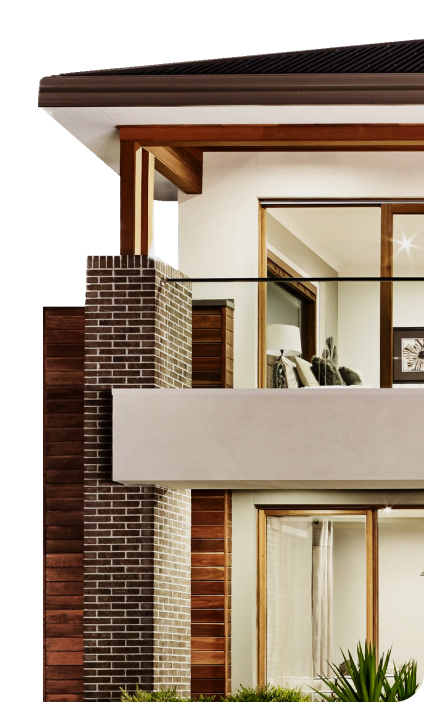Can you refinance an FHA loan?
If eligible, an FHA loan can be refinanced to new terms, potentially reducing your interest rate, or getting a new type of loan. For example, if you purchased your current home with an FHA loan, you may qualify for an FHA Streamline refinance.1 Or you can refinance an FHA loan to a conventional loan, provided you meet the requirements to do so.
What is an FHA refinance loan?
An FHA mortgage refinance is a government-backed program that typically offers more flexibility when it comes to requirements, interest rate and closing costs. Borrowers with a high debt-to-income ratio (DTI) or lower credit score may find an refinance FHA loan is easier to obtain due to more lenient qualification requirements.
What is an FHA Streamline refinance?
An FHA Streamline refinance allows borrower to refinance their current FHA mortgage with limited borrower documentation and underwriting. If all the borrowers on the original loan remain on the FHA Streamline, you can refinance your FHA mortgage without having to qualify your credit again or pay for another appraisal. PrimeLending also offers adjustable-rate FHA refinance, fixed-rate FHA refinance, and FHA cash-out refinance programs. Learn more about these options below.
FHA Adjustable-Rate Mortgage (ARM) Refinance
When refinancing to an FHA ARM loan, homeowners start with an introductory rate for the first few years before it adjusts every year after. With an ARM, your monthly payment is typically lower since the rate starts lower. ARMs are great options for people who think they may move and sell the home within five years.
FHA Fixed-Rate Mortgage Refinance
Choosing between a 15-year or a 30-year fixed-rate FHA refinance loan will make a difference in your monthly payment and how much goes toward the principal balance. A 15-year loan will have higher payments but will build equity faster (while also ensuring you pay off the loan quicker). A 30-year term means you will have a lower monthly payment, more goes to interest and you don’t build equity quite as fast.
FHA Cash-Out Refinance2
If you've been in your home for some time or you've made some upgrades—or both—chances are your home may be worth more than what you owe on your mortgage. The difference between your home's value and what you owe on it is your available equity, and when you choose an FHA cash-out refinance loan, you can gain access to that extra equity as cash. FHA cash-out refinance guidelines include meeting FHA minimum credit requirements, living in your home for at least the past twelve months, making twelve on-time payments over the past year, and have a qualifying loan-to-value ratio on your current home.
